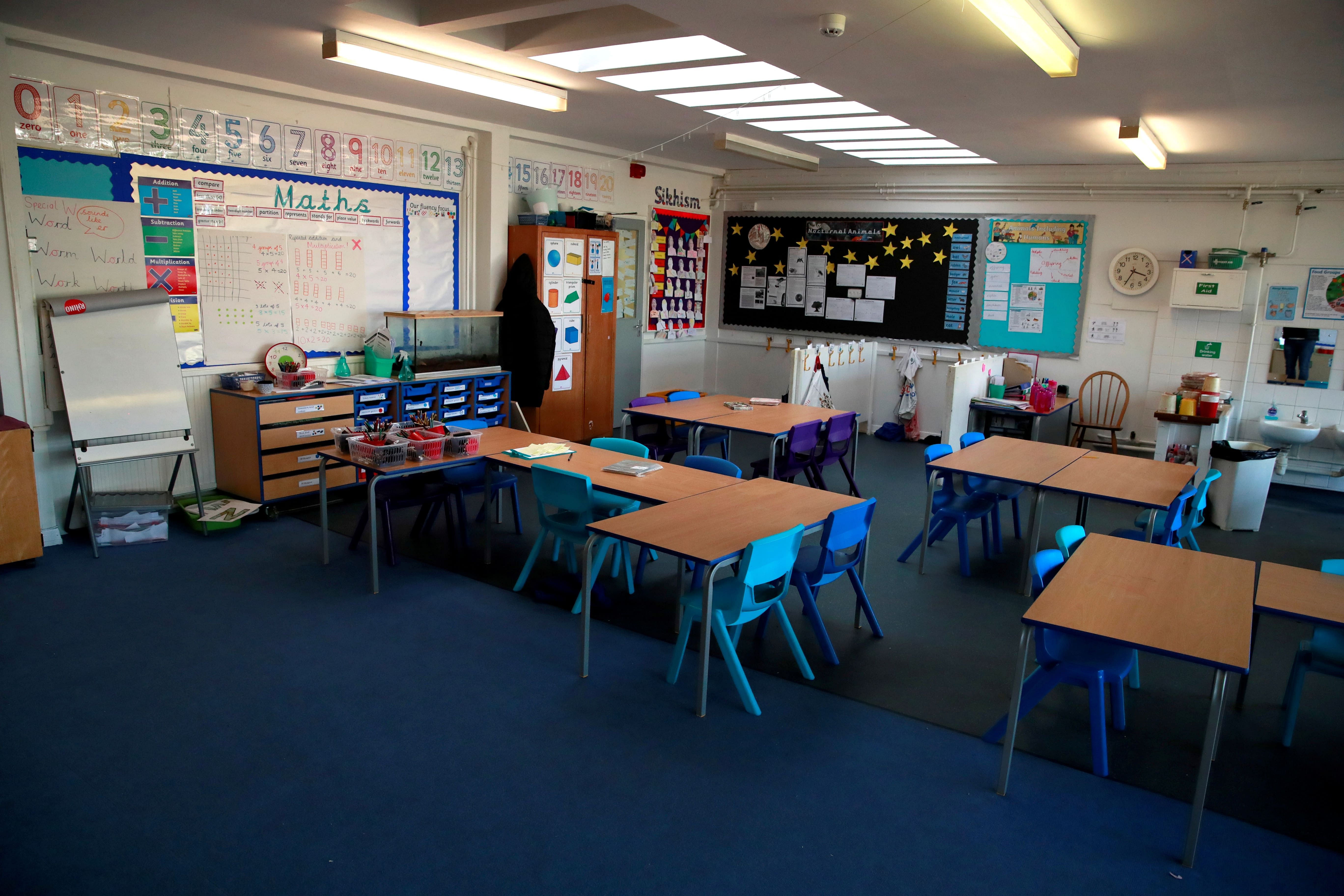
School closures do not tend to help contain the spread of infections during outbreaks of disease such as COVID-19, but will have a big impact on how societies restart after lockdown, scientists said on Monday.
Data on the effects of school closures on COVID-19 are limited as the pandemic is still under way, but researchers at University College London said evidence from flu epidemics and outbreaks caused by other coronaviruses suggests their impact on the spread of the disease will be small.
"We know from previous studies that school closures are likely to have the greatest effect if the virus has low transmissibility and attack rates are higher in children. This is the opposite of COVID-19," said Russell Viner, an expert at UCL's Great Ormond Street Institute of Child Health who co-led the research.
"Policymakers need to be aware of the equivocal evidence when considering school closures for COVID-19 given the profound and long lasting effect they will have on children - particularly the most disadvantaged," he said.
Millions of children around the world have been affected by school closures as governments introduced social distancing and lockdown measures to try to slow the COVID-19 pandemic caused by the new SARS-COV2 coronavirus.
Viner's research, published late on Monday in The Lancet Child & Adolescent Health journal, said that as of March 18, some 107 countries had implemented national schools closures.
To analyse the potential impact, Viner's team reviewed 16 previous studies, including nine which looked at school closures during the 2003 outbreak of Severe Acute Respiratory Syndrome - a respiratory disease caused by a coronavirus similar to the one that causes COVID-19.
Data from the SARS outbreak in China, Hong Kong and Singapore suggested school closures "did not contribute to control of the epidemic", they said in a summary of the review.
Experts not directly involved in the research said its findings were important and confirmed what many suspected: That the public health benefits of school closures were not proportionate to the social and economic costs for affected children and families.
"This work suggests that ... schools could, and should, begin to reopen as soon as practicable after the initial wave of cases has passed through," said Robert Dingwall, a professor of sociology at Britain's Nottingham Trent University.
Viner said the findings suggest countries should now "ask hard questions about when and how to open schools".
He said other measures, such as staggering school start and break times, closing school playgrounds and minimising the movement of children between classes could be considered to reduce the risk of COVID-19 spreading.